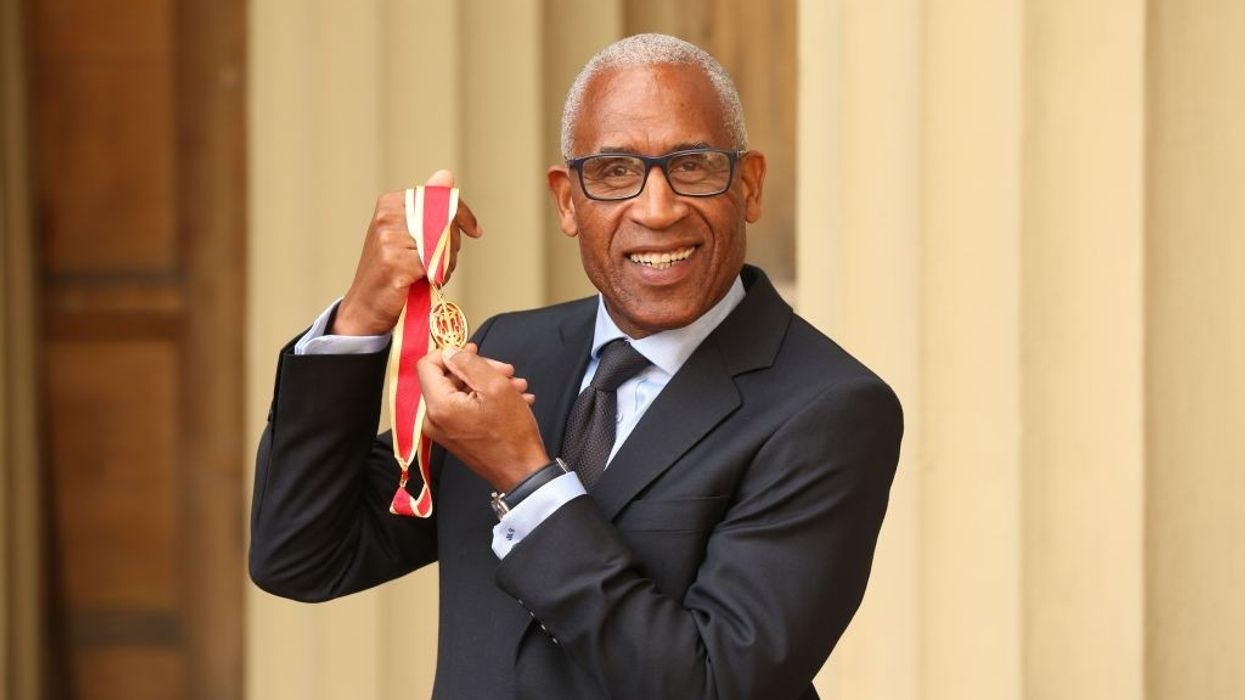A former No 10 race adviser has said that Britain’s drug laws are racist and harms the mental health of black people.
Simon Woolley said drugs legislation introduced 50 years ago had failed to cut the use, supply and harms associated with illegal drugs, reported The Guardian.
Woolley also alleged that these laws are being used “as a tool of systemic racism”.
According to him, black people were more likely to be stopped and searched for suspected drug possession, but in reality, white people reporting higher rates of drug consumption.
Black people were more likely to be arrested, charged and imprisoned for drug offences, he added.
Lord Woolley, 59, now a crossbench peer, said the failure of UK drugs legislation was having a devastating impact on public health, The Guardian report added.
“It creates anxiety, stress and alienation that contribute to the high levels of mental health harm experienced across our black communities,” he wrote in the BMJ.
“For decades, politicians from all sides have either turned a blind eye to drug policy failures or weaponised the debate to score cheap political points. This has led to half a century of stagnation, which has landed with force on our black communities, driving up needless criminalisation and undermining relationships with the police.”
Woolley, who this year became the first black man to be elected head of an Oxbridge college, is calling for a review of whether the Misuse of Drugs Act is fit for purpose.
He pointed out that the review must consider in detail the options for alternative approaches, including the growing body of evidence indicating benefit in both decriminalisation of people who take drugs and legal regulation of non-medical drug supplies worldwide.
“Drug prohibition is racist in its DNA and in its impact on our society today,” he wrote. “It is rooted in a series of attacks, in the US, the UK and elsewhere, on non-white communities and the substances they were associated with, regardless of whether they actually took those drugs in high numbers.”
Drug-related deaths in England and Wales rose for the eighth year in a row in 2020. They remain at their highest level in more than a quarter of a century, according to the Office for National Statistics. Separate figures show Scotland continues to have the worst drug death rate in Europe, the newspaper report said.
According to him, punitive drug policy was one of the most tangible and damaging means through which systemic racism is experienced in black communities.
“You are stripped bare and have to crudely show that you have nothing hidden anywhere. The sense of being both powerless and humiliated instils anger and deep distrust in not only law enforcement but also the authorities that sanction it," he wrote in the article.
“We have a growing literature on what works and what causes harm in drug policy, including how to tackle racial inequalities, which should inform policymakers. We need to base policy on the evidence, not fear and political inertia. We need a mature, informed and open debate on this topic, and we have to be prepared to discuss all options if we are to resolve the current crisis”





